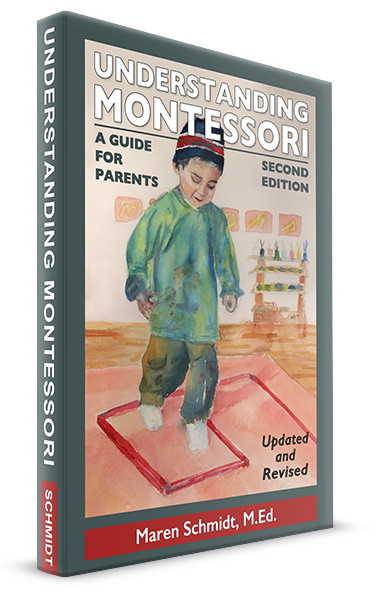
During the first six years of life, the child’s natural development includes the formation of language, with the most intense activity occurring during the first two and a half years of life.
It seems like common sense to say that the more words a child hears during those first two years of life the larger the child’s vocabulary and aptitude for language will be.
Research proves that intuitive deduction, showing that children whose parents spoke to them an average of two to five thousand words per day started kindergarten with an excellent vocabulary.
Multiply 5,000 words per day by five years, and you have over 9 million words. For the child who is exposed to only 1,000 words per day, this five-year number drops to around 2 million words, and language skills usually lag behind for a lifetime.
To get a handle on what a thousand words looks like: This article is about 500 words. A normal rate of speech is 120 words a minute, so a thousand words is about eight to nine minutes of speaking.
A flood of language does not guarantee optimum language development, though.
Children say the names of things first, and we are a help to our children if we name things in a clear and precise way in order to avoid confusion.
I once spent a delightful hour with a six-month-old, handing him three pieces of fruit and giving him the name. After he held the banana for about 30 seconds, I would say ”banana.” This activity mesmerized him. I’d hand him another piece of fruit and say the name. Apple. Orange. Banana. He’d hand me back a piece of fruit, smiling and confident that he would get another piece, along with a name. On we went for an hour, interrupted only by the fact that he had a plane to catch. His dad laughed as they left the boarding area, ”I think you had him at banana.”
This experience with the six-month-old emphasizes the ways in which we as adults can enhance language development before a child begins to talk:
- Speak clearly
- Name things one at a time
- Whenever possible hand the child the object being named
- Speak using real words–no goo-goo-duckie-poo baby talk
- Read aloud for at least ten to fifteen minutes per day
- Speak in whole sentences, slowly, kindly and respectfully
- For example, ”Orange. This is an orange.”
After the child begins to speak:
- Ask questions to encourage and help the child to begin to form sentences
- Who gave you the orange?
- When did you eat an orange?
- Why didn’t you like the orange?
- Where did you put the orange?
- Read aloud for at least ten to fifteen minutes per day
- Show words as well as say them as you read
Research shows that perhaps the biggest help to a child’s language development we can provide is acting with loving kindness.
Talk, read and listen to your child every day with loving kindness. You can’t talk to or love your child too much. A smile may be worth a thousand words.


Hello Maren, thank you for the article. As always I read it with great interest. I always do. My son has grown in a bilingual environment. He is 11 now. He does speak the father’s and the mother’s languages. I also noticed that his ability to learn foreign languages is more profound than mine. He catches and remembers foreign words faster and easier. I wish he was more excited about learning other languages.
Elena,
Isn’t it fascinating how children absorb language.
If he ever gets interested in learning another language, it will be so much easier for hi.
A friend of mine, who grew up bilingual, told me her third language came so easily.
And the fourth seemed to come out of nowhere.
It’s fascinating.